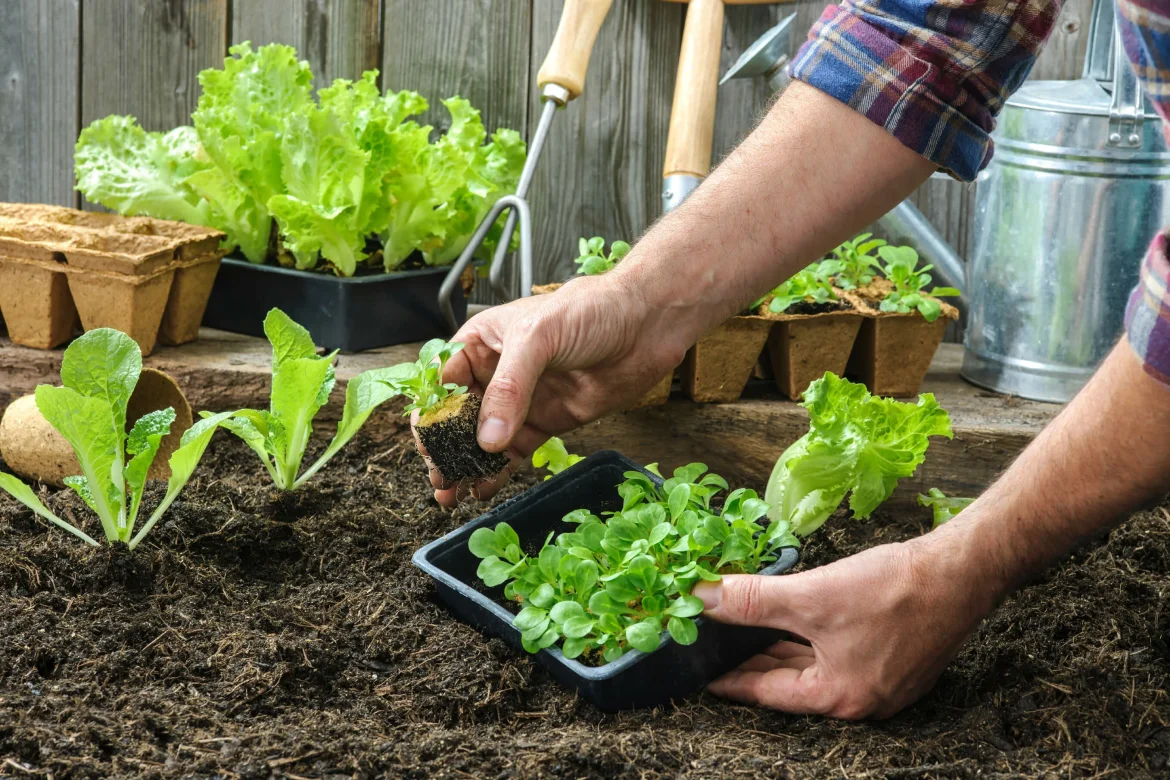Crop rotation is also vital in organic gardens. By changing the type of plants grown in each bed annually, gardeners prevent the buildup of pests and diseases while maintaining soil balance. For example, legumes such as beans and peas add nitrogen to the soil, benefiting heavy feeders like tomatoes and corn in the following season.
Advertisement
Pest management in organic gardening relies on natural methods. Companion planting, where certain plants are grown together for mutual benefit, can deter pests. Marigolds, for instance, repel nematodes, while basil planted near tomatoes enhances growth and flavor. Beneficial insects like ladybugs and lacewings help control aphid populations, reducing the need for pesticides.


